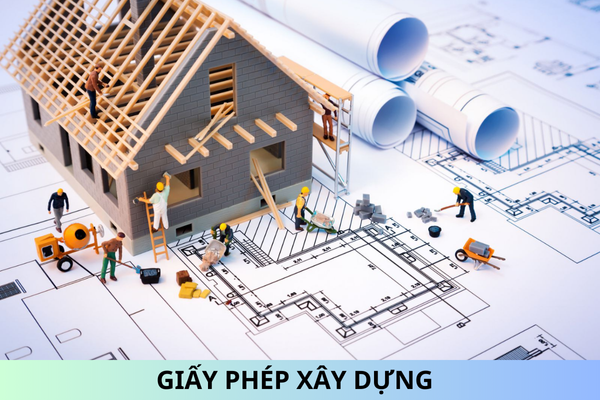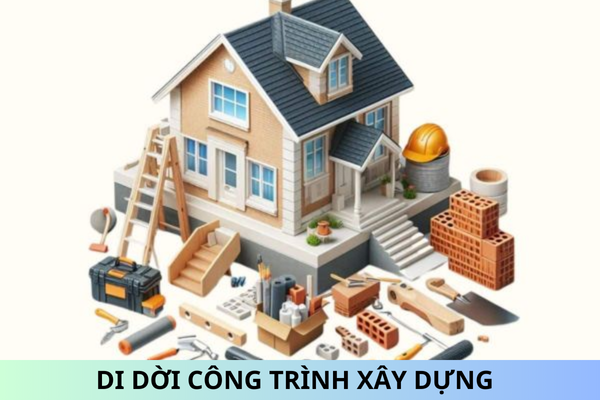What are standards for blasting underwater in order to ensure safety at construction sites in Vietnam?
What are standards for blasting underwater in order to ensure safety at construction sites in Vietnam? What are standards for welding and cutting metal underwater in order to ensure safety at construction sites in Vietnam?
What are standards for blasting underwater in order to ensure safety at construction sites in Vietnam?
Pursuant to Subsection 2.14.6 Section 2 of the National technical regulation on safety in construction QCVN 18:2021/BXD promulgated together with Circular 16/2021/TT-BXD stipulating standards for blasting underwater in order to ensure safety at construction sites in Vietnam as follows:
2.14.6.1 The storage, transportation, use of explosives, explosives and associated equipment, removal of explosives and other works related to the use of explosives must comply with the provisions of the law. laws on management and use of weapons, explosives, explosive precursors, combat gears, relevant QCVN and regulations in 2.17.
2.14.6.2 Underwater blasting must be carried out under the supervision of a competent person (see 2.14.1.1) or a qualified underwater blasting expert as prescribed by law on management, use weapons, explosives, explosive precursors, support tools.
2.14.6.3 Explosives and detonators used for underwater blasting must be selected, designed and manufactured so as not to be impregnated with water during their use.
2.14.6.4 Use only low-tension submarine detonators and must be of the type specifically designed for underwater blasting.
2.14.6.5 Electrical conductors and fuses must be protected from damage caused by waves and currents.
2.14.6.6 Electrical conductors must be insulated and have two cable cores.
2.14.6.7 Insulating materials and parts of connections in electrical conductors must be watertight.
2.14.6.8 Employers must take precautions to ensure that divers are not in danger from the following hazards:
a) The blasting device is stuck or damaged;
b) Electrical conductors or fuses are pulled or pulled; being bent due to folding, bending, twisting;
c) The diver's gas supply pipe or lifeline is entangled or caught in the detonator wire, fuse, or explosive block.
2.14.6.9 Explosive blocks, attached detonators must be prepared in advance on the water.
2.14.6.10 The detonator rope must be secured at the blasting site by tethering with a heavy object or other suitable means.
2.14.6.11 The danger zone (explosion-affected area) shall be clearly identified on the surface of the water by means of a lifeline buoy with a pennant (or other effective means) and shall be protected against ingress. .
2.14.6.12 The detonator wire can only be used once and each trigger wire is only allowed to have one switch (trigger).
2.14.6.13 Prohibit detonation before checking and ensuring:
a) The diver is out of the water and out of the danger zone;
b) Explosive blocks are not accidentally displaced by divers compared to regulations;
c) All people and floating equipment have moved out of the danger zone;
d) Have fully implemented preventive and rescue measures.
What are standards for welding and cutting metal underwater in order to ensure safety at construction sites in Vietnam?
Pursuant to Subsection 2.14.7 Section 2 of the National technical regulation on safety in construction QCVN 18:2021/BXD promulgated together with Circular 16/2021/TT-BXD stipulating standards for welding and cutting metal underwater in order to ensure safety at construction sites in Vietnam as follows:
2.14.7.1 Only divers who have been trained in underwater welding and cutting work (hereinafter referred to as underwater welders) may perform these jobs underwater.
2.14.7.2 Equipment used for underwater welding and cutting must be tested for safety according to the regulations of the competent authority.
2.14.7.3 When welding, cutting in enclosed spaces (in tanks, enclosed spaces, in hollow objects or structures) or in confined spaces, precautions shall be taken to prevent the formation of flammable and explosive gases.
2.14.7.4 When welding, cutting using oxygen and liquid fuel (gasoline or other fuels), precautions must be taken to prevent surface burn due to fuel escaping from the burner.
2.14.7.5 Fuel containers must be manufactured, transported and used in accordance with the relevant requirements stated in 2.1.8, 2.18.4 and other relevant provisions of this regulation on storage. , use and handle with combustible, hazardous and toxic substances.
2.14.7.6 Clothing, helmets, gloves of underwater welder when welding, cutting by electric arc must be of insulating type.
2.14.7.7 Direct current must be used for welding and cutting underwater, except in case of force majeure.
2.14.7.8 The helper must immediately disconnect the welding machine when the equipment is unstable or shows signs of failure, malfunction or in an emergency.
2.14.7.9 Electrical conductors, electrical connections, electrodes and electrode holders must be insulated with water-insulating material.
2.14.7.10 An electrode change is allowed only if the electrode holder is damaged and the helper has informed the underwater welder.
Best regards!











